The pervasive impact of digitalisation in our society and everyday lives forces us to rethink the relationship between individuals and society from the perspective of data-driven power. It may even be worth considering whether we should aim for a “data social contract” in the spirit of the philosopher Thomas Hobbes. Hobbes popularised the notion of the social contract when outlining the way people are organised into a society.
This is the conclusion of the memorandum Data, power and democracy written for Sitra by docent Henrik Rydenfelt, which explores power relations in the digital age, drawing on social science theories of power. The memo was commissioned by Sitra’s Digital Power and Democracy project. Project Director Jukka Vahti, says that we are in the midst of a transformation marked by an explosion in the collection and use of data and rapid change in our information environment.
“While governments used to have a near monopoly on collecting data on people, today personal data is most effectively collected and used by different platform companies. This cannot but affect the traditional roles and power relations of government, decision-makers, individuals and companies. However, this transformation is surprisingly little reflected in national democracy and digitalisation strategies. More attention should be paid to how people – individually or collectively – can be active social players in the digital age.”
Democracy as a self-correcting and data-driven process
According to Veera Heinonen, Director of Sitra’s Democracy and Participation theme, the new memo complements Sitra’s previous publications on the relationship between digitalisation and democracy. It also offers a theoretical context for examining technology, democracy and digital power.
“In terms of the different forms of democracy and participation, digitalisation has a pervasive impact on our society. Therefore, recognising and understanding the different dimensions of digital power is important for people, decision-makers, organisations and companies. The memorandum provides substance for considering alternative futures for democracy.”
The new information environment and diversity of media are challenging democratic ideals of rational and informed debate and consensus-building as a basis for decision-making. The memorandum outlines alternative visions based on the philosophical tradition of pragmatism. Pragmatists put forward the idea of social decision-making as a self-revising process, akin to scientific research, in which common goals and the means to achieve them are tested in social practices
Henrik Rydenfelt, author of the memorandum, sees today’s digital technology as offering unprecedented opportunities for such experimental democracy.
“Data power is still being accumulated by transnational corporations with few restrictions. What if data were instead collected for the benefit of society as a whole? States and governments are already enthusiastic about the prospects offered by data and information. However, the use of data in society must be agreed upon in an open manner, respecting individual freedom and choice. This is one of the most topical challenges and opportunities facing Western societies.”
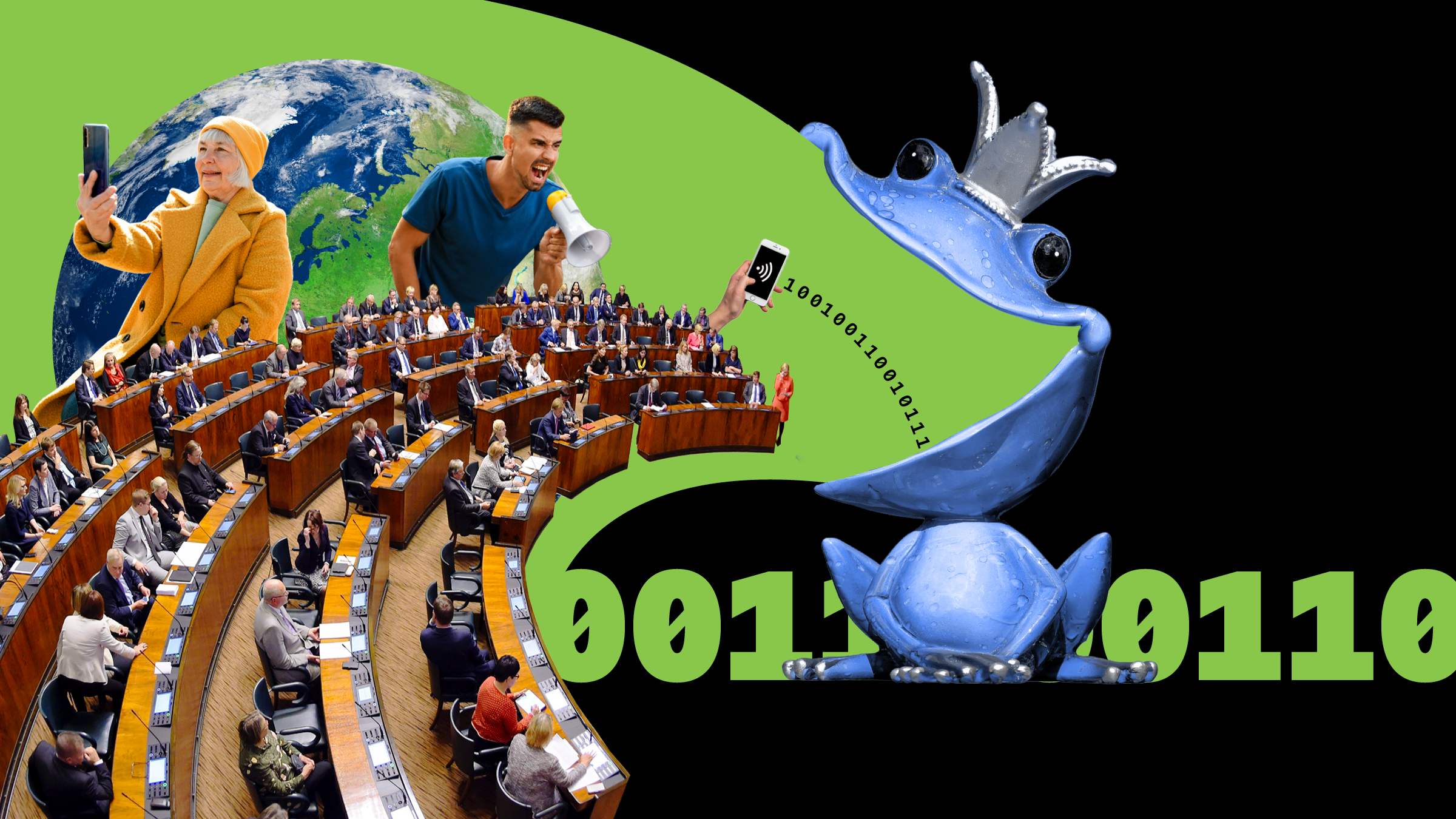


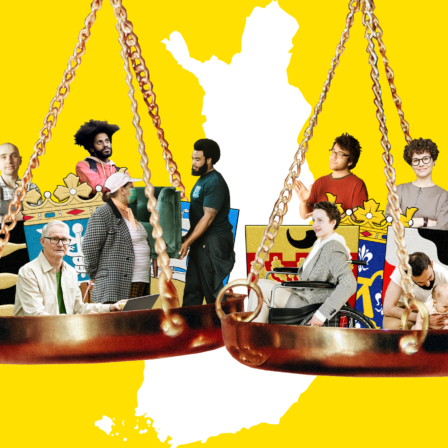



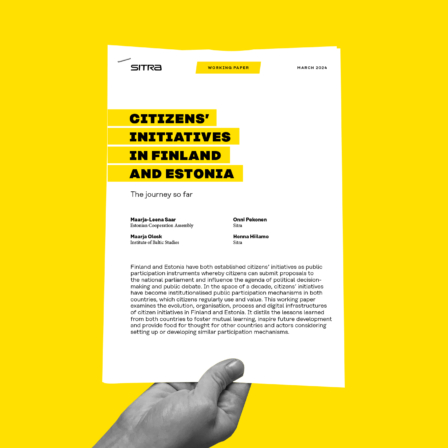
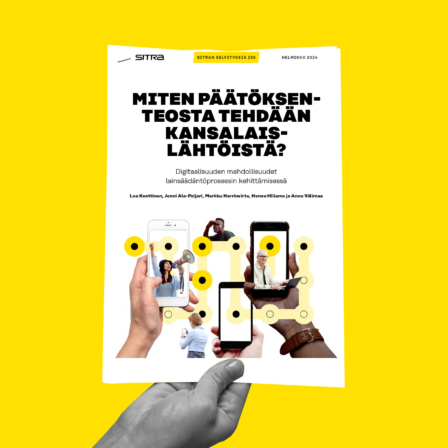


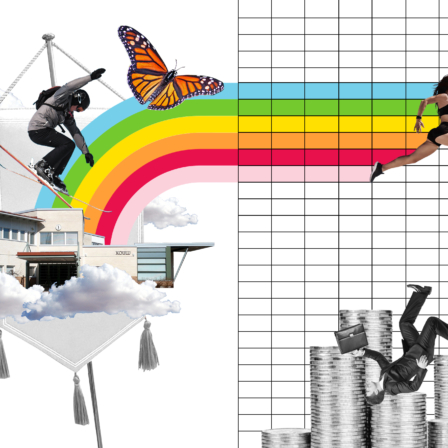







Recommended
Have some more.